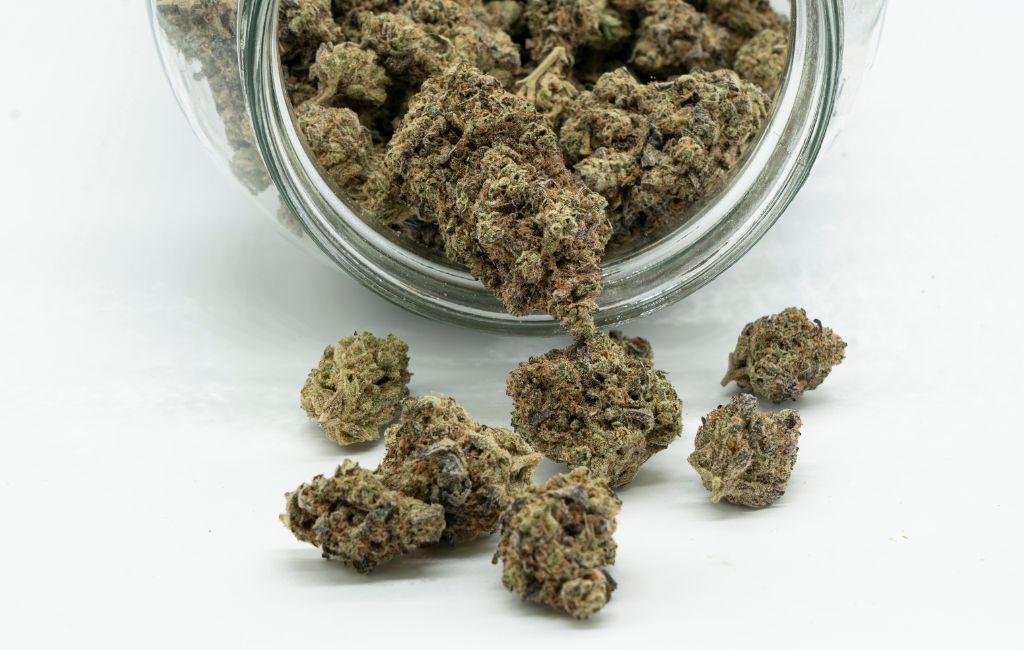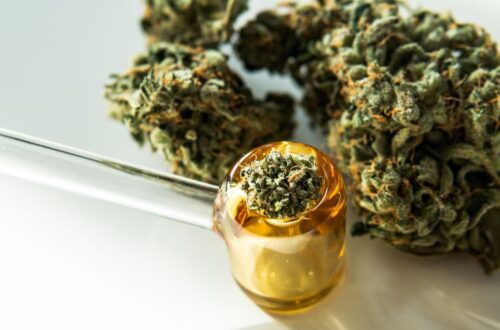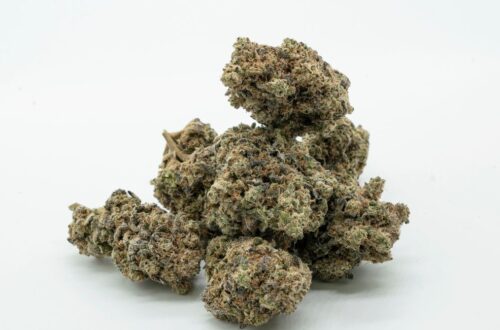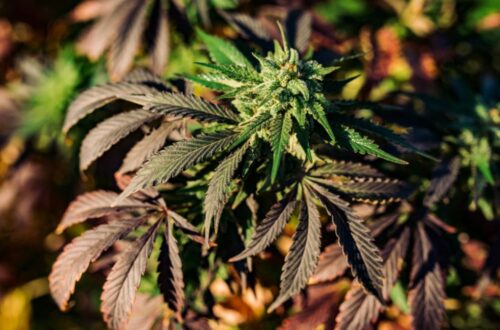The Power of Raw THCa for Natural Healing
In recent years, the interest in natural healing methods has surged, with many individuals seeking alternatives to traditional pharmaceuticals. One compound that has gained attention is THCa, a non-psychoactive cannabinoid found in raw cannabis. This article explores the potential benefits of raw THCa and its role in promoting natural healing.
Understanding THCa
THCa, or tetrahydrocannabinolic acid, is the acidic precursor to THC, the well-known psychoactive component of cannabis. Unlike THC, THCa does not produce a high, making it an attractive option for those seeking therapeutic benefits without psychoactive effects. THCa is abundant in raw cannabis plants and is converted to THC through a process called decarboxylation, which occurs when cannabis is heated.
Potential Health Benefits of THCa
Research into THCa is still in its early stages, but preliminary studies and anecdotal evidence suggest several potential health benefits:
- Anti-inflammatory Properties: THCa may help reduce inflammation, which is a common factor in many chronic diseases.
- Neuroprotective Effects: Some studies indicate that THCa could protect brain cells, potentially offering benefits for neurodegenerative conditions.
- Anti-emetic Properties: THCa might help alleviate nausea and vomiting, making it a potential option for patients undergoing chemotherapy.
- Antioxidant Benefits: As an antioxidant, THCa may help combat oxidative stress, which contributes to aging and various diseases.
Case Studies and Research
While comprehensive clinical trials are limited, several case studies and smaller research projects provide insights into THCa’s potential:
Case Study: Inflammatory Conditions
A case study involving a patient with rheumatoid arthritis reported significant improvement in symptoms after incorporating raw cannabis juice into their diet. The patient experienced reduced joint pain and increased mobility, suggesting that THCa may play a role in managing inflammatory conditions.
Research on Neuroprotection
A study published in the “British Journal of Pharmacology” explored THCa’s neuroprotective properties. The research indicated that THCa might help protect neurons from damage, offering potential benefits for conditions like Alzheimer’s and Parkinson’s disease.
Incorporating Raw THCa into Your Routine
For those interested in exploring the benefits of THCa, there are several ways to incorporate it into a daily routine:
- Raw Cannabis Juicing: Juicing raw cannabis leaves and flowers is a popular method to consume THCa. This approach preserves the compound’s integrity and allows for easy absorption.
- THCa Tinctures: Some companies offer tinctures specifically formulated to retain high levels of THCa. These can be added to food or beverages for convenient consumption.
- Topical Applications: THCa-infused creams and balms can be applied directly to the skin, potentially providing localized relief for inflammation and pain.
Legal Considerations
The legal status of THCa varies by region, as it is often classified alongside THC. It’s important to research local laws and regulations before incorporating THCa into your wellness routine. In some areas, raw cannabis products may be available through medical dispensaries, while in others, they may be restricted.
Conclusion
Raw THCa presents a promising avenue for natural healing, offering potential benefits without the psychoactive effects of THC. While more research is needed to fully understand its therapeutic potential, early studies and anecdotal evidence suggest that THCa could play a valuable role in managing inflammation, neurodegenerative conditions, and more. As interest in natural remedies continues to grow, THCa may become an increasingly popular option for those seeking alternative healing methods.




